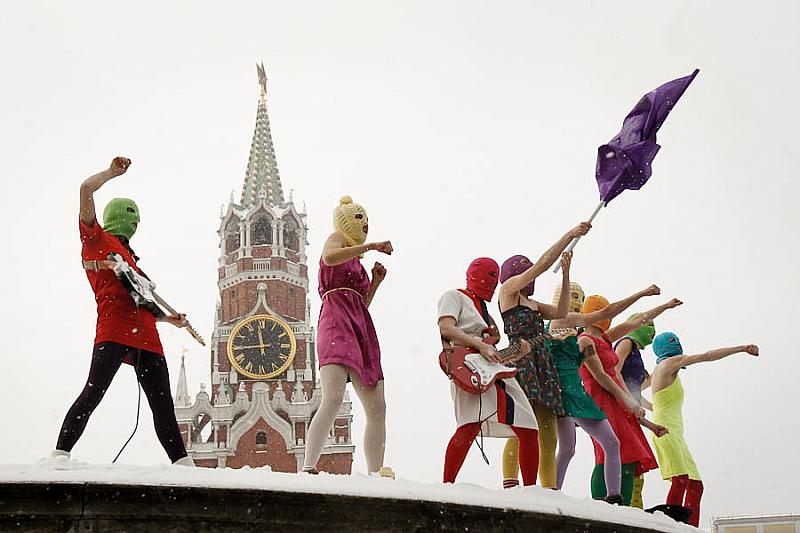Index relies entirely on the support of donors and readers to do its work.
Help us keep amplifying censored voices today.
“Art is a force of creation, opposing the current destruction of the country” says Terek Tuma, a Syrian artist featured in #withoutwords. The new London exhibition displays fine arts and visual installations from Syrian artists influenced by the conflict engulfing their country, and the Syrian people’s struggle for freedom. Melody Patry writes
(more…)
The European Union Foreign Affairs Council last week released its guidelines on promoting and protecting religious freedom. The guidelines, designed to set standards for the EU’s external dealings, make, for the most part, encouraging reading, Padraig Reidy writes
The section on free expression sets out thus:
“Freedom of religion or belief and the freedom of expression are interdependent, interrelated and mutually reinforcing rights, protecting all persons — not religions or beliefs in themselves — and protecting also the right to express opinions on any or all religions and beliefs.”
The distinction made here between protecting “persons” as opposed to “religions and beliefs in themselves” is very important, boiling down to the simple notion that individuals have rights but ideologies don’t.
Further on, the guidelines suggest that the EU will recall, when appropriate, that the right to freedom of religion or belief, as enshrined in relevant international standards, does not include the right to have a religion or a belief that is free from criticism or ridicule.
As an argument against modern versions of blasphemy laws: laws which claim to “protect religious feelings”. Russia recently passed such a law, criminalising “public actions expressing clear disrespect for society and committed with the goal of offending religious feelings of the faithful”. The Organisation of Islamic Conference, meanwhile, is seeking to have “defamation of religion” recognised at United Nations level. Any EU attempt to curb this move is somewhat undermined by the fact that the OIC has copied its definition of blasphemy from Ireland’s 2009 Defamation Act.
The guidelines suggest that the EU should resist attempts to curb religious speech as long as there is not a “prima facie case that this expression constitutes hates speech”. But they do also raise the expectation that Europe should condemn any violence carried out in relation to “offensive speech”.
The European Platform on Religious Intolerance and Discrimination (EPRID) has welcomed the guidelines. In a statement, it said:
“Promoting freedom of religion or belief is therefore not only a moral or legal obligation, but also a strategic political choice. The adoption of these Guidelines today gives a strong signal that [it] is now a priority for the EU.”
Tunisian rapper Alaa Yacoub has been sent two prison for two years for an anti-police song. Sara Yasin reports
The rapper, who performs under the name Weld 15, has been accused of threatening police officers with a song he posted online called Boulicia Kleb (the police are dogs).
Yacoub was in hiding when he was initially sentenced to two years in prison in March. The rapper came out of hiding for his one-day retrial earlier this month in Tunis, in the hopes that he would receive a more relaxed sentence for turning himself in, according to the BBC.
In the video, Yacoub sings that “he would like to slaughter a police officer instead of sheep at Eid al-Adha”. In response to accusations that he was “inciting violence against the police”, Yacoub told Nawaat in March that he was “subject to all forms of police violence: physical and verbal. As an artist, I can only answer them through my art: aggressive art.”
The charges brought against Yacoub were brought under “anti-free speech laws inherited from the dictatorship era”, according to Index contributor Afef Abrougi. Anyone violating Article 128 of Tunisia’s Penal Code could face up to two years in prison for “accusing without proof a public official.”
Index’s Padraig Reidy speaks to two members of the Russian feminist punk group on a secret trip to the UK

Pussy Riot members perform in Moscow